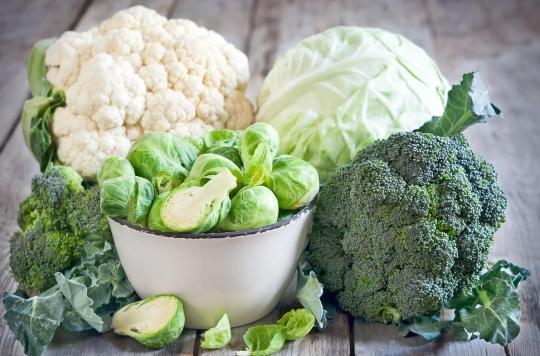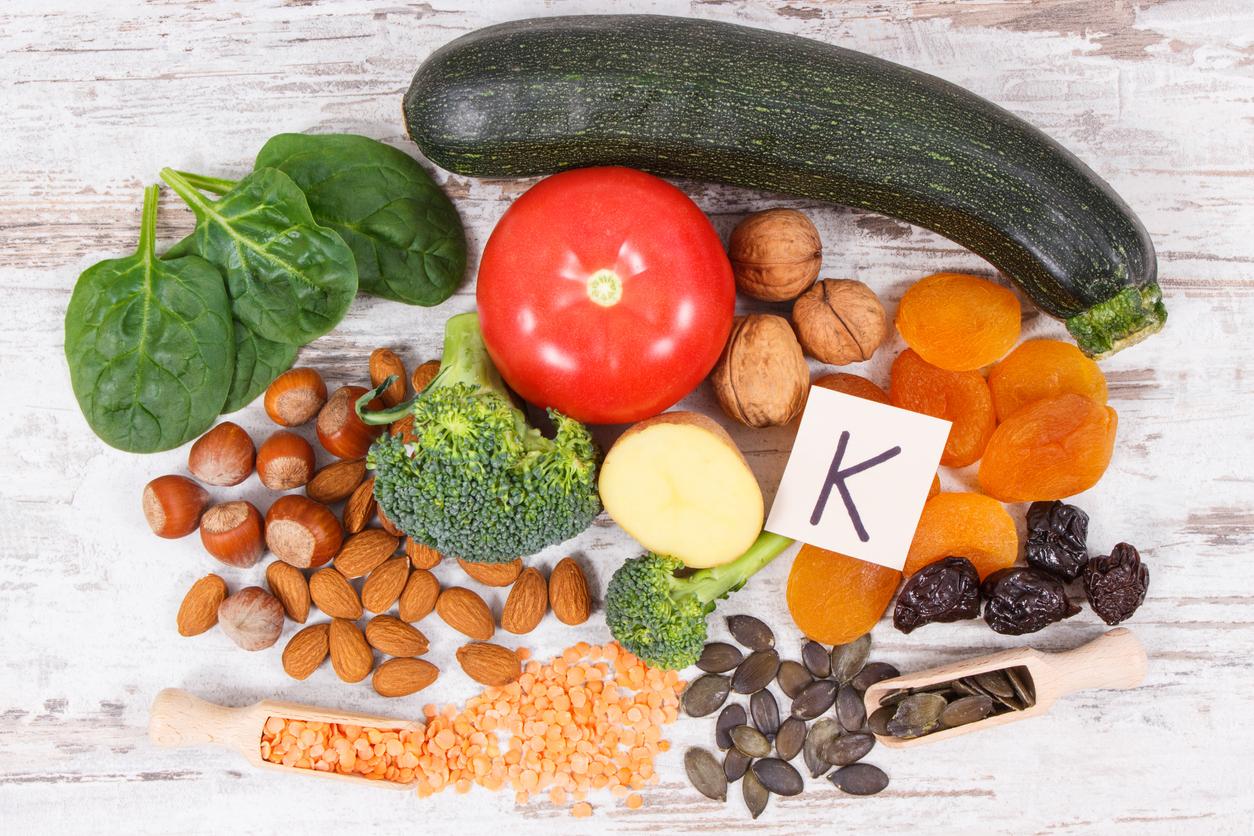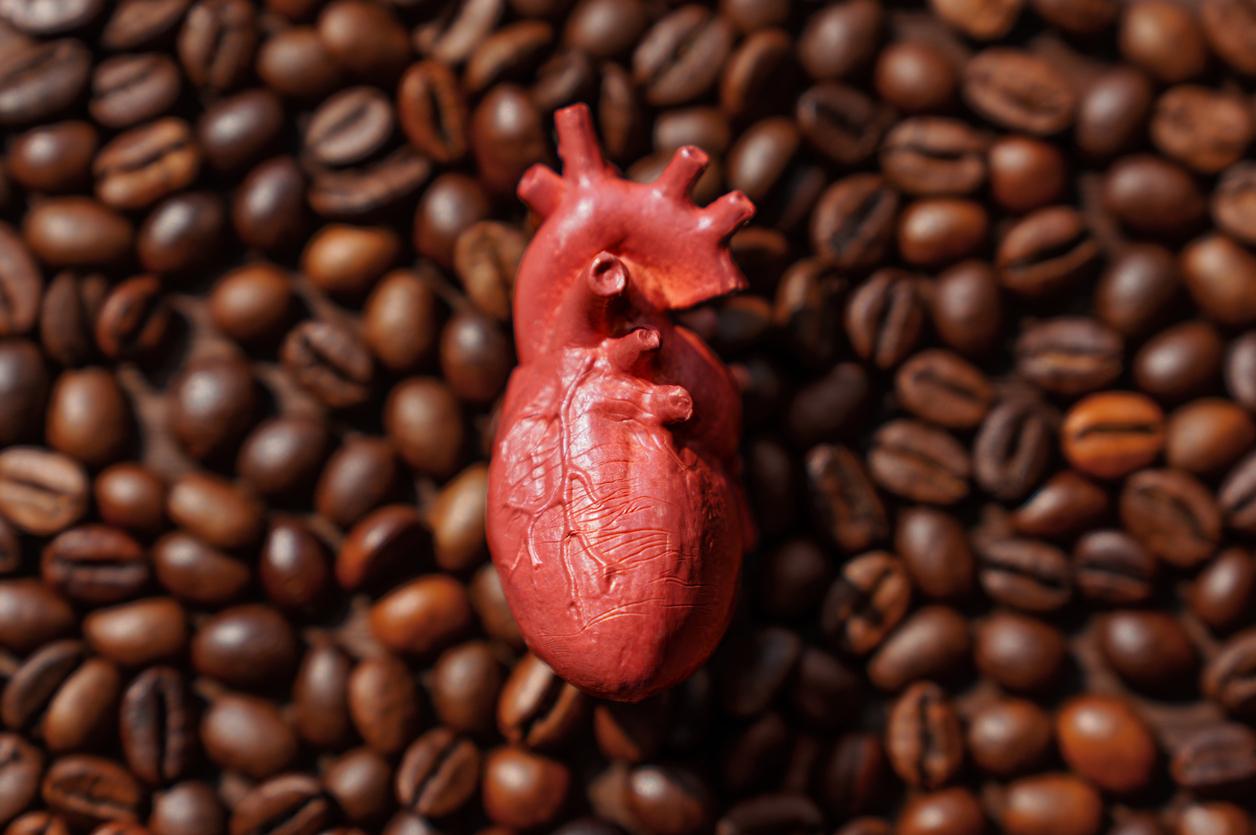Cruciferous vegetables such as cabbage, broccoli or watercress would prevent blood vessel disease or vasculitis, especially in older women.

- Cruciferous vegetables, high in vitamin K, would protect against blood vessel disease by inhibiting the process of calcification of the arteries.
Would you like some more Brussels sprouts? While cruciferous vegetables such as cauliflower, broccoli, kale and even turnips are often at the bottom of the list of our favorite dishes, here is a study that should encourage us to consume more of them.
Published in the very serious British Journal of Nutrition, she highlights the benefits of cruciferous vegetables on cardiovascular health. According to its authors, researchers at the School of Medical and Health Sciences at Edith Cowan University (ECU) and the University of Western Australia, regular consumption of vegetables such as broccoli, Brussels sprouts and cabbage is associated with less extensive vasculitis in older women.
A high vitamin K content
Also called Wegener’s disease or vasculitis, blood vessel disease is an inflammation of the blood vessels. It is characterized by a reduction in the flow of blood circulating in the body, causing deposits of fat and calcium on the internal walls of blood vessels, including the aorta. This buildup of fat and calcium deposits is the main cause of a heart attack or stroke.
Using data from a cohort of 684 older women from Western Australia recruited in 1998, researchers found that those whose diet included 45g of cruciferous vegetables daily also had a 46% lower risk of significant buildup of calcium on their aorta, a key marker of structural blood vessel disease. “One particular component found in abundance in cruciferous vegetables is vitamin K which may be involved in inhibiting the calcification process that occurs in our blood vessels”say the researchers.
Healthy eating to preserve your heart
However, “that’s not to say that the only vegetables we should be eating are broccoli, cabbage, and Brussels sprouts. We should eat a wide variety of vegetables every day for good health and general well-being”recalls Dr. Lauren Blekkenhorst, lead author of the study.
For Beth Meertens, director of food and nutrition at the Heart Foundation, “this study provides valuable insights into how this group of vegetables could contribute to the health of our arteries and, ultimately, our heart.”
“Heart disease is the leading cause of death in Australia and poor diet is responsible for the largest part of the disease burden, accounting for 65.5% of the total heart disease burden”, she recalled. Hence the importancetry to include at least five servings of vegetables in their daily diet, as well as fruits, seafood, lean meats, dairy products, and healthy oils found in nuts and seeds .”


















